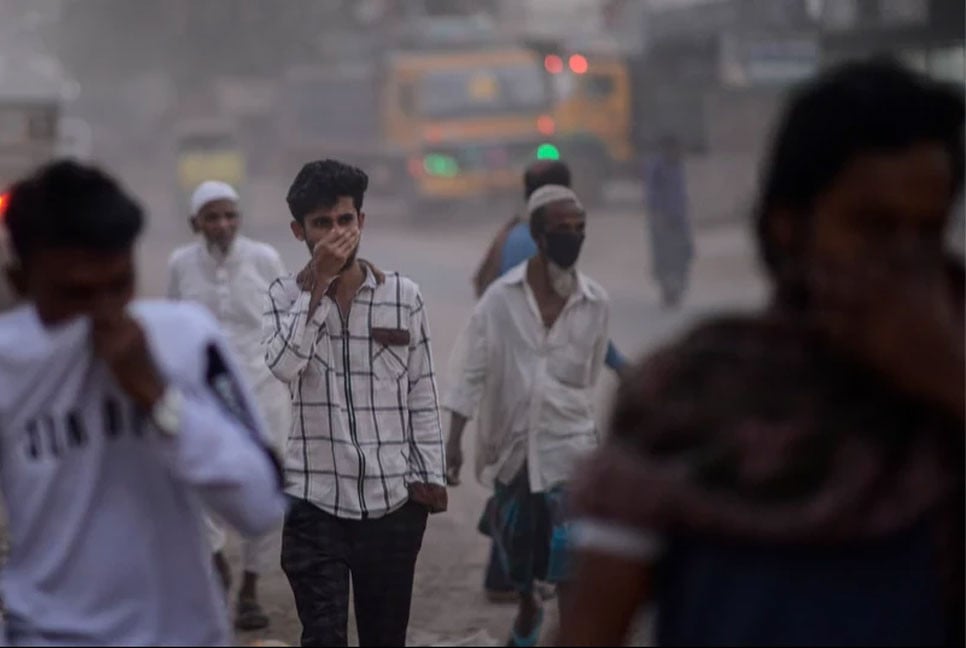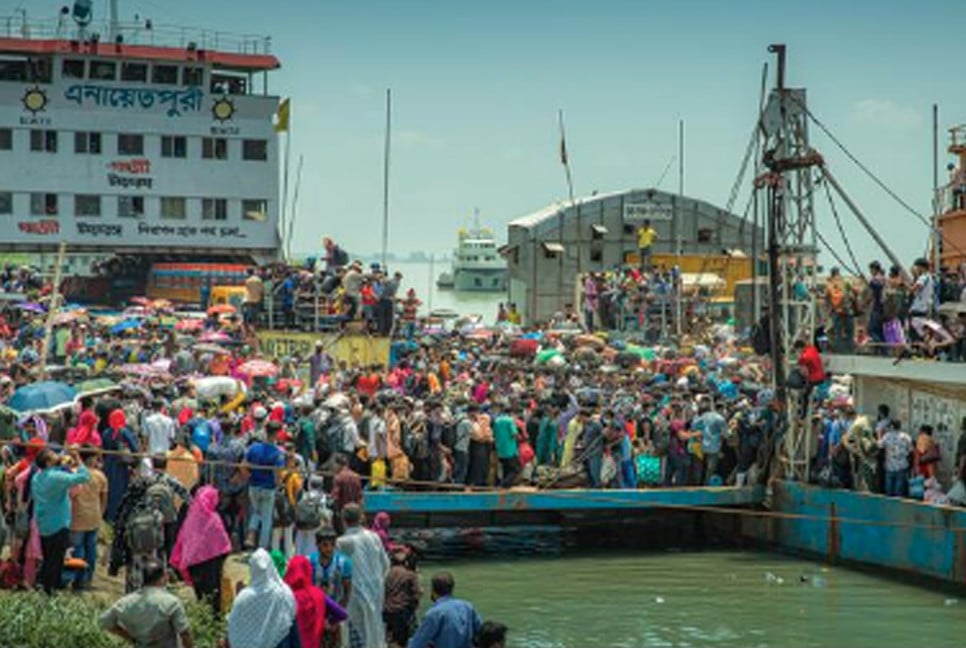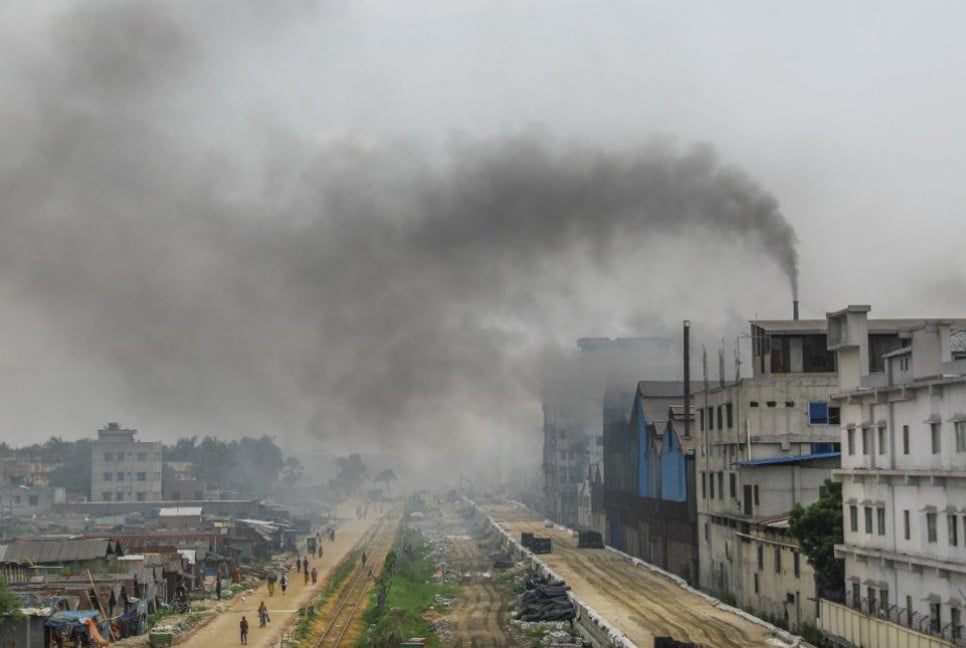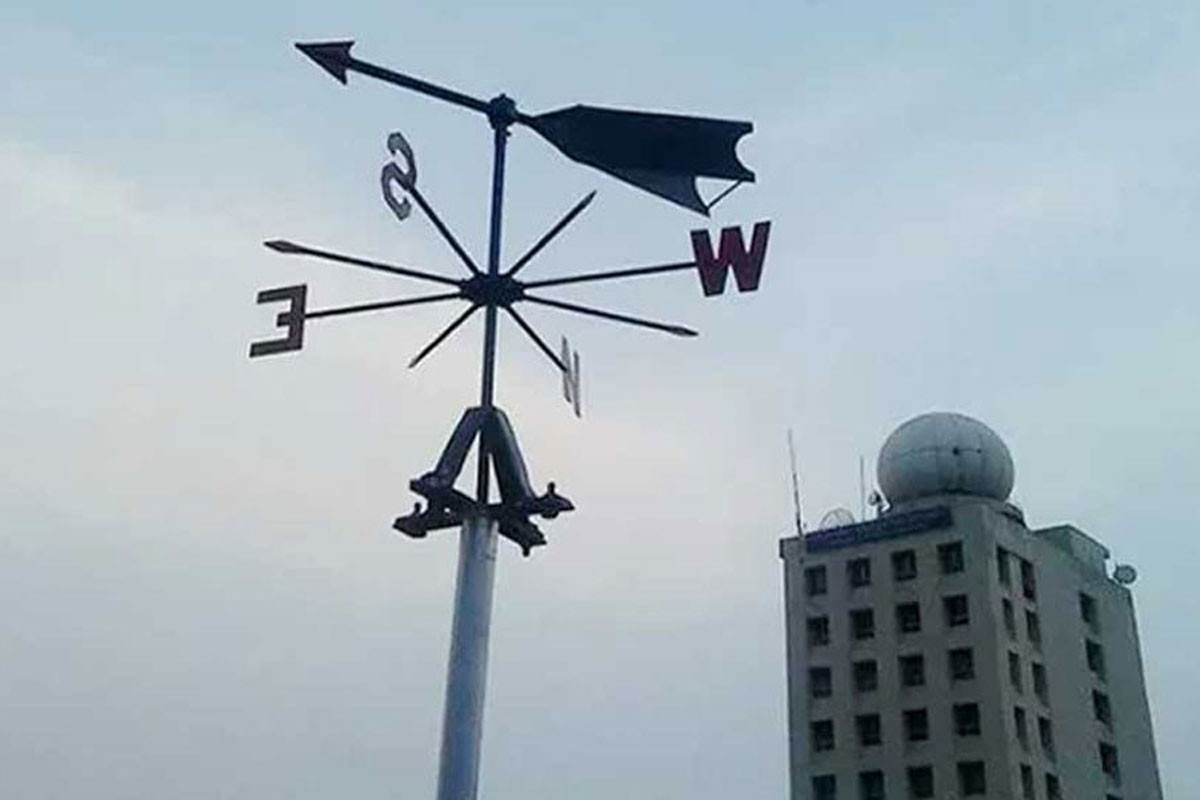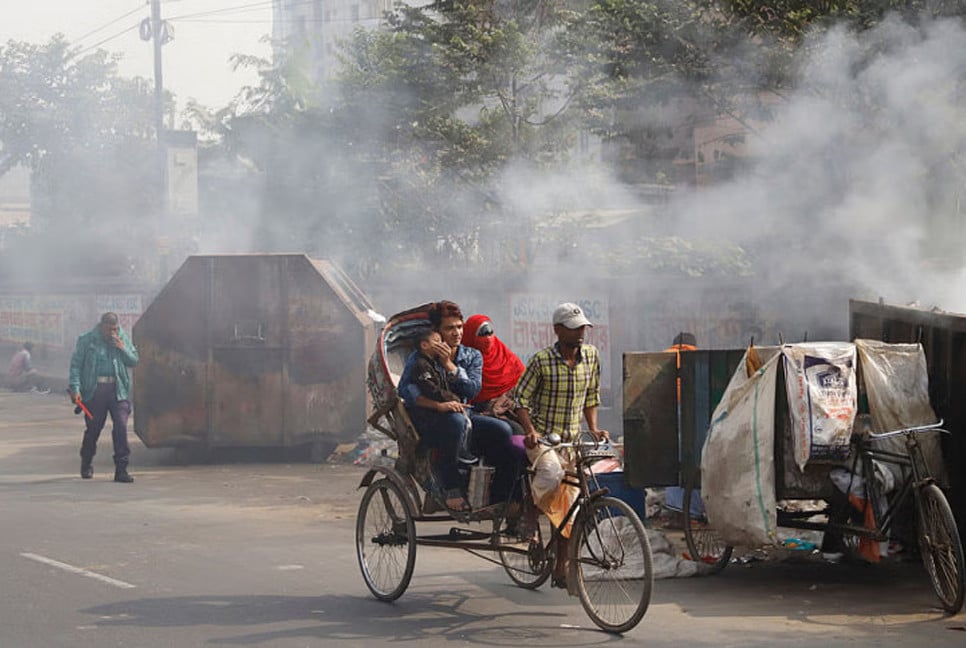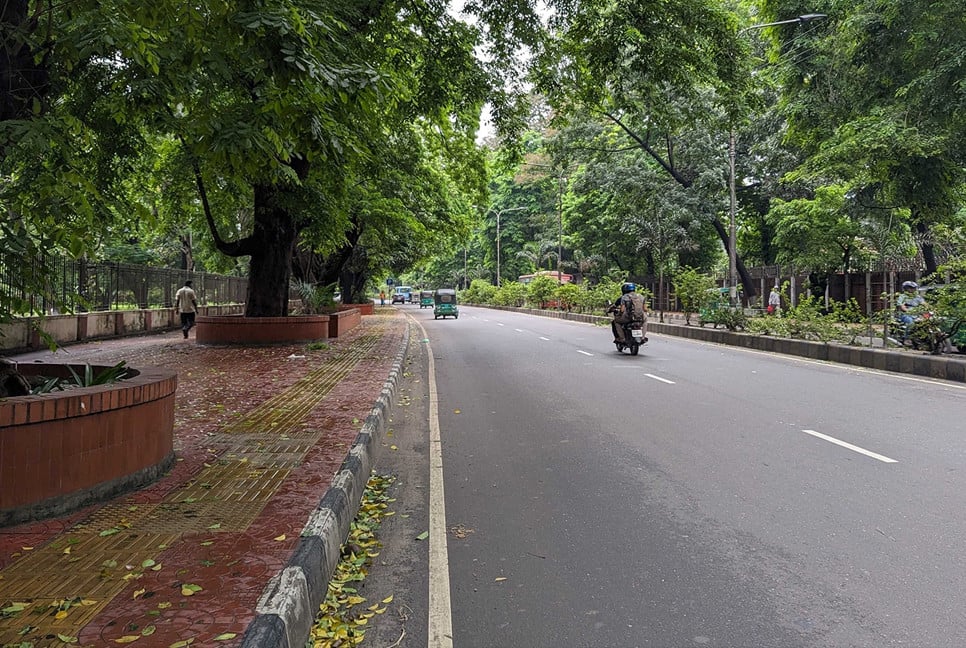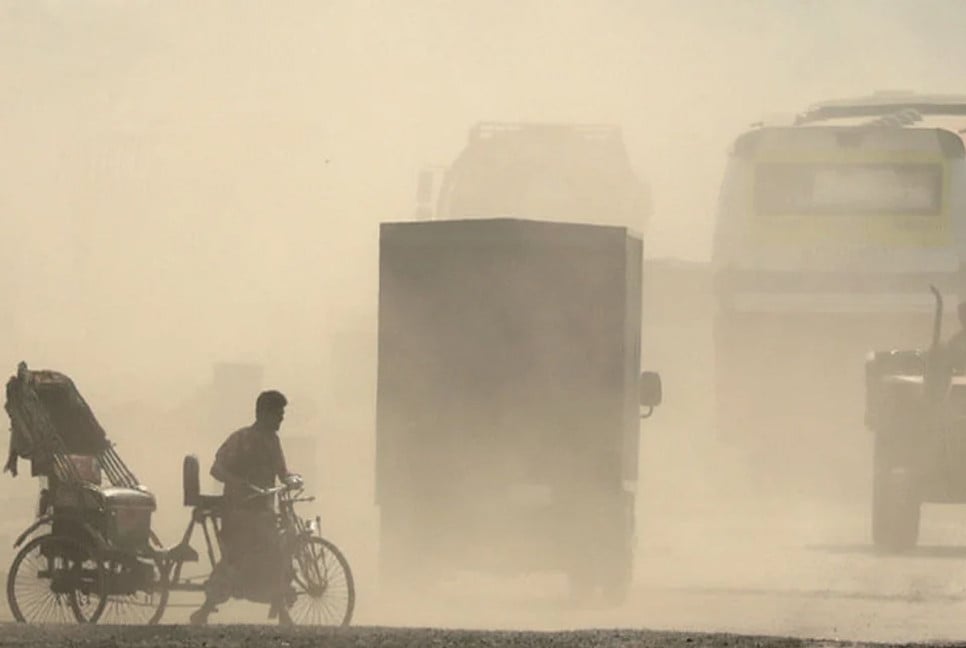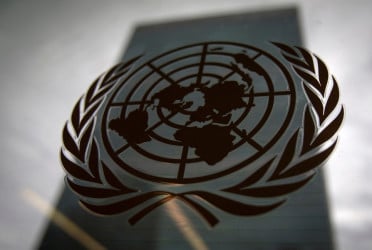Dhaka has once again topped the global air pollution ranking, with the city’s Air Quality Index (AQI) reaching 184 at 8:34 am on Saturday, February 22, 2025. This level classifies the air as “unhealthy,” posing a serious health threat to residents, according to the AQI standards, reports UNB.
The AQI scale indicates air quality as follows: 50-100 is ‘moderate,’ 101-150 is ‘unhealthy for sensitive groups,’ 150-200 is ‘unhealthy,’ 201-300 is ‘very unhealthy,’ and any reading above 301 is ‘hazardous,’ which presents significant health risks.
Other cities at the top of the list include Kampala, Uganda (AQI 178), Krakow, Poland (AQI 169), and Kathmandu, Nepal (AQI 168). The AQI, a daily measurement of air quality, helps inform residents about pollution levels and potential health risks.
In Bangladesh, the AQI is determined by five pollutants: particulate matter (PM10 and PM2.5), NO2, CO, SO2, and ozone. Dhaka has long struggled with air pollution, particularly during the winter months, although air quality improves in the monsoon season.
According to the World Health Organization (WHO), air pollution claims the lives of around seven million people globally each year, mainly due to stroke, heart disease, chronic respiratory illnesses, lung cancer, and acute respiratory infections.
Bd-pratidin English/ Jisan

